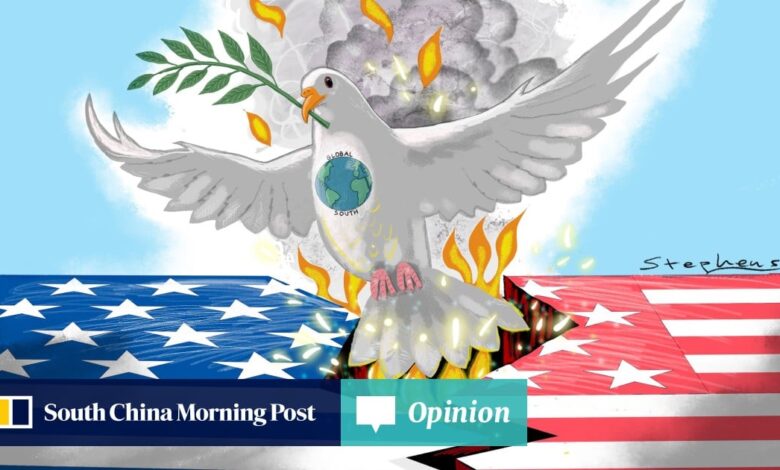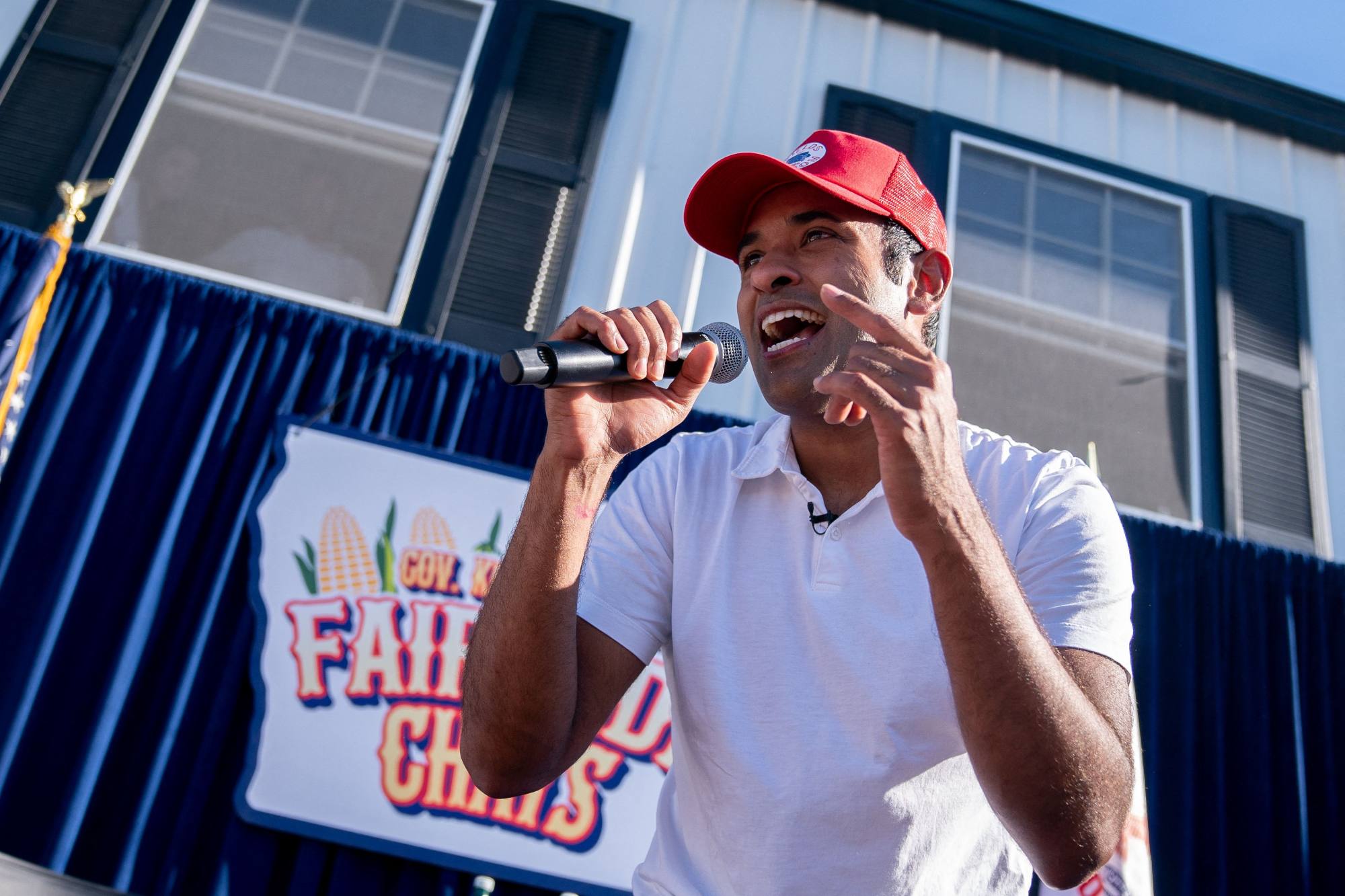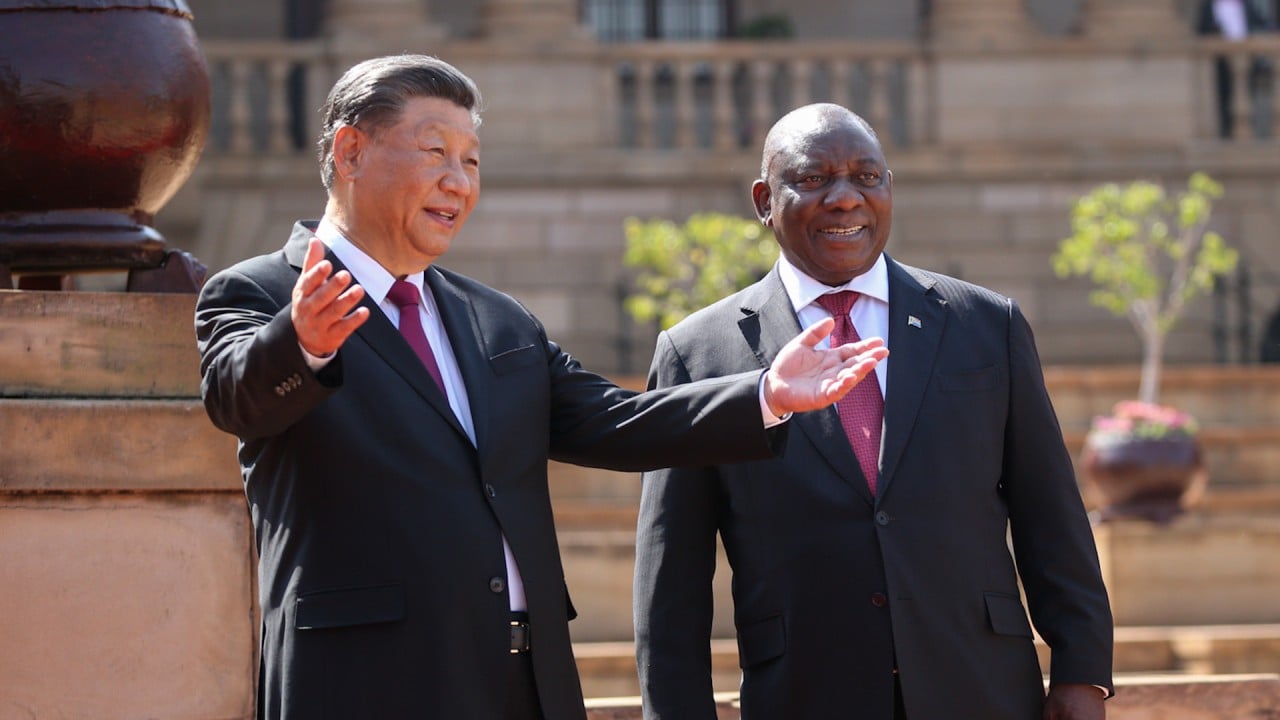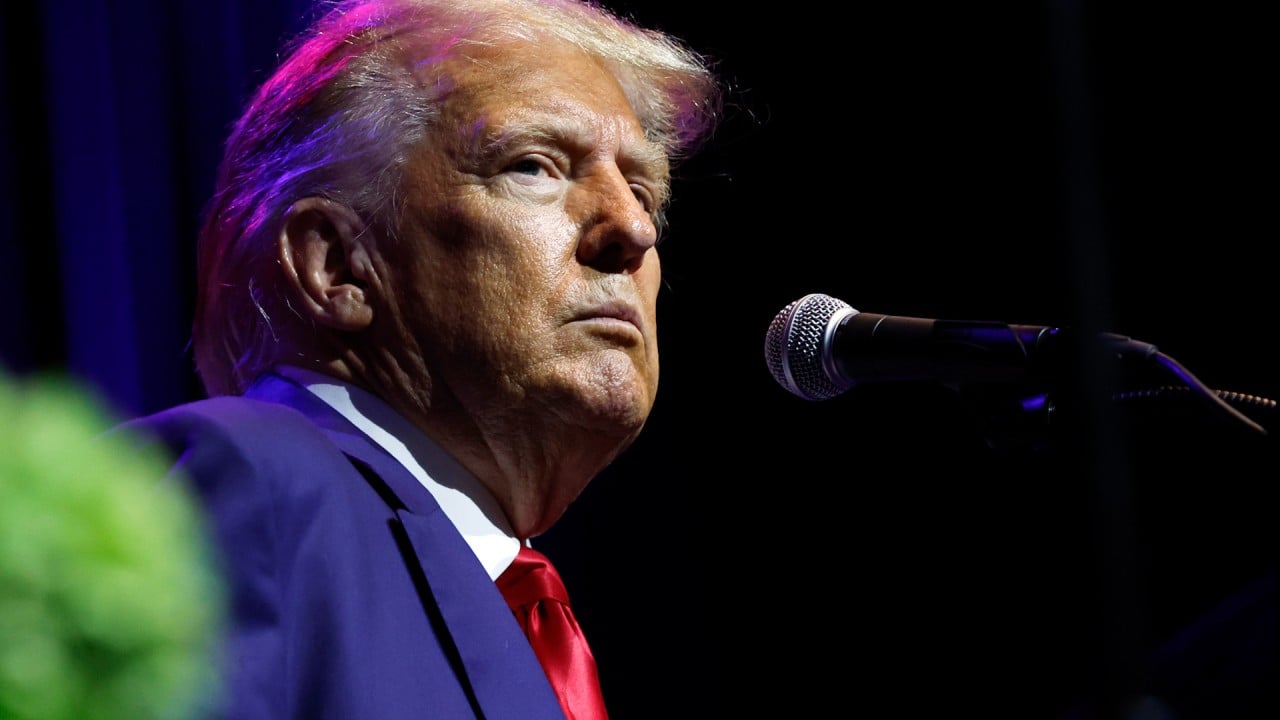Opinion | With US democracy in crisis, Global South must ensure peaceful transition to a more equitable world order

[ad_1]

But most countries have a more nuanced approach to China’s rise. Even among US allies like the Philippines and South Korea, opposition parties are advocating alternative strategies for engaging with Beijing. Should Marcos Jnr and Yoon’s tilt to the US lead to potential conflict with China, citizens of both countries could yet opt for a more balanced approach through the ballot box.
Similarly, in Taiwan, voters can choose candidates with a more conciliatory posture towards Beijing. But such a choice is not readily available to American voters.
The US body polity has become ensnared in groupthink, sidelining alternative perspectives on China. This highlights a troubling reality regarding Washington’s increasingly hardline response to Beijing, and underscores a fundamental flaw in America’s democratic system – a failure to foster opposing viewpoints to ensure checks and balances in crafting strategies for something as consequential as China’s re-emergence.
At the Asia-Pacific Roundtable, while reaffirming Malaysia’s neutrality, Anwar also articulated a shared desire for a new global order to better represent non-Western world values and interests. The Malaysian leader’s aspiration struck a chord with many across the Global South.
Michael Pillsbury, author of The Hundred-Year Marathon: China’s Secret Strategy to Replace America as the Global Superpower, posited that the US-China rivalry is a defining feature of the 21st century. But Brics’ growing clout suggests it may well be the shifting of the world’s geoeconomic and geopolitical centre from the Global North to the Global South that defines the future world order.
Unless this reality is acknowledged, an America overly preoccupied with China may have difficulty managing the reconfiguration of power from the US-led international system to a more inclusive one.
A fundamental tenet of democracy is the peaceful transfer of power, with the ballot box serving as the primary mechanism to resolve conflict. But some Americans have lost faith in the democratic process. It is uncertain whether the coming election can bridge the deep divisions and facilitate national healing.
The 2024 US election is critical, with the fate of the republic hanging in the balance as bitter partisanship continues to fracture a once-great democracy. At the same time, America’s tunnel vision with regard to China and misreading of the aspirations of developing countries are pushing the realignment of geopolitics towards open conflict.
Nations in the Global South must remain resolute in pursuing collaboration over confrontation, and strive towards a peaceful transition of the Western-centred world order towards a more representative one.
Peter T.C. Chang is deputy director of the Institute of China Studies, University of Malaya, Kuala Lumpur, Malaysia
[ad_2]
Source link







